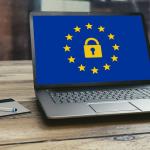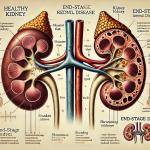Note to Readers: Depending upon your perspective, this article may come across as flippant, offensive, possibly reckless, and almost certainly disturbing. After all, aren't there enough suicides plaguing us as a society?
Policy & Ethics
Unlike our colleagues in internal medicine, surgeons wield sharp objects so that the temporal relationship between their actions and patient outcomes is hard to miss.
There are lots of things I would like to know about the president’s medical status, from the ridiculous to the sublime: Has he had hair plugs? Does he do Botox?
PFAS, short for per- and polyfluoroalkyl substances, are thousands of chemicals used in consumer products dating back to the 1940s.
Not that long ago, the mission of higher education was to educate by teaching students critical reasoning, the skills of open discourse, and a broad context of information to help them understand the world, our country’s values, and the economic a
Sadly, on occasion, we have seen judicial nose-thumbing of scientific or medical decisions - with untoward health repercussions.
Basic economics courses often refer to the tradeoff between “guns or butter,” referring to the tension between spending on defense versus domestic programs. There is no question that the U.S.
Kidney failure, also known as end-stage renal disease (ESRD), is life-ending, requiring kidney transplantation or dialysis. Dialysis is a process that removes toxins and excess fluid from the blood, replacing the kidney’s function.
Side-stepping the Question of ‘Advice vs. Coercion’: Calling a Club – A Spade
Whether you believed the Chevron Doctrine was wrong or not, the Supremes have moved us from the proverbial “pan into the fire.”












